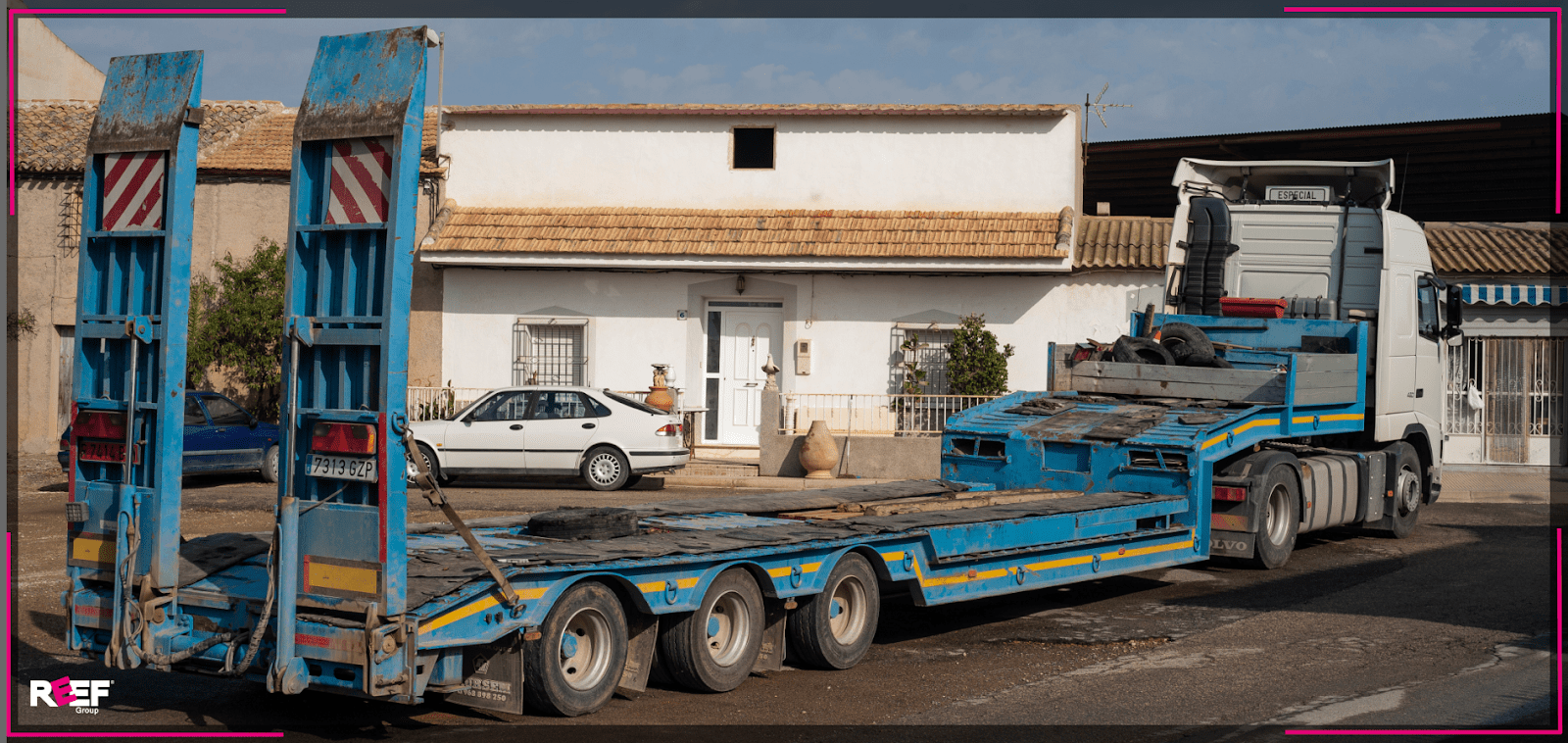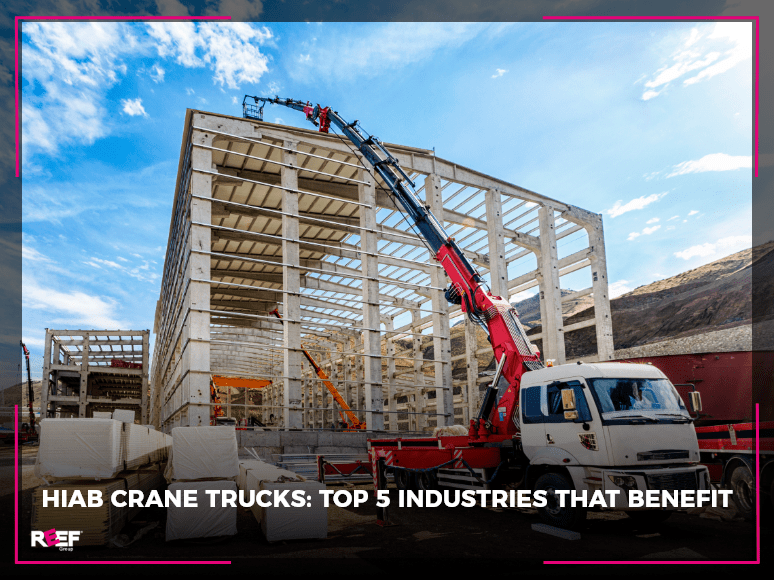Low Loaders vs Marine Transport: Choosing the Best Method for Boat Haulage

What to Do Before Your Crane Arrives: Site Preparation Tips
October 25, 2024
How to Get It Right When Measuring Equipment for Transport
January 30, 2025
Transporting a boat from A to B is not always an easy task. There are often multiple routes to choose from on land and by sea, so it’s important to consider many factors when arranging haulage. From the condition of the boat being hauled to its size, it’s important to do a full assessment before you decide which method of boat haulage to use. Each method has pros and cons, so here’s a breakdown of what to consider when you need boat haulage services.
Low Loaders for Land Transportation
Low loaders can carry boats up to around 24 tonnes in weight and transport 20 and 40-foot sea containers. Also known as a drop deck, low loaders attach to a truck, so they can be very efficient for land transportation of smaller boats.
Because of the lower deck height on a low loader, it’s designed to carry oversized loads. Boats can be loaded onto the low loader using a crane, forklift, or even a ramp if the boat can be rolled onto the trailer.
Low loaders can be a simple way of transporting boats, but this method does come with challenges. For example, boats with certain dimensions may count as oversized loads, which can mean needing a special permit. Routes on land will need to be carefully chosen to avoid low bridges and narrow roads. It’s important to work with a professional transport company such as the Reef Group, who have many years of experience in boat haulage and can consider any challenges that transporting by low loader may bring.
There are certain situations where land transportation is the best option. These include:
- Short-distance haulage – if your boat is being moved within the same country and is perhaps being moved to or from the water or in or out of storage, land transportation is usually the most efficient choice
- Small to mid-sized boats – low loaders can generally move boats of up to 40 feet, so if you have a small or medium-sized boat, it may be the most efficient option.
- Damaged or delicate boats – some boats may simply not be suitable for marine transportation. It may be that they’re going in for repair or simply that they have specific handling needs. Using a low loader means they can be handled more carefully, with suspension systems and cradles for a smoother journey.
If your requirements fall under the above categories, then land transportation may be the best option for you.
Marine Transportation
Marine transportation simply means shipping a boat via sea. Some boats can be hauled, while others can be loaded onto a transport vessel that’s designed for boat haulage. Smaller boats can sometimes be floated into the cargo hold, or they can be loaded onto the boat via a ramp. On roll-on/roll-off ships (RoRo), boats can be towed into the correct spot. Some transport vessels are equipped with cradles or specially designed containers, which help keep the boat in place and avoid damage during transit.
There are a few advantages to marine transportation, and in certain scenarios, it can be the best option for getting your boat from one point to another.
Marine Transportation is Ideal for Long Distances
If you need to transport your boat over a long distance, then road transportation may simply be impractical, as well as more expensive and time-consuming. For longer distances, it’s often more practical to transport by sea, taking the boat directly from port to port.
Larger Boats Can Be Accommodated
One of the limitations of road transportation, such as low loaders, is that only boats up to a certain size can be accommodated. Larger, heavier boats, or those that are of a non-standard shape, can sometimes be difficult to move by road. Cargo ships and transport vessels tend to have a much higher capacity.
You Avoid the Limitations of the Road
From low bridges to narrow rural roads, boat haulage can be challenging on the road. While professional haulage companies will carefully plan routes to avoid hitting these areas, it’s not always easy to avoid them. On certain routes, it makes more sense to opt for marine transportation, as it’s easier to get the boat from place to place.
The main downside to marine transportation is that it tends to take longer than road transport. It can also be more expensive, with things like port and customs charges, and depending on the location, there can be customs delays. It’s also limited to destinations where there is a port or marina nearby, so you may also need to use road transportation for the final leg of the journey.
Which Option Is Best for You?
As a rule, marine transportation tends to be better for the haulage of large or heavy boats or long distances, while low-loader transportation is ideal for small or medium boats and local or regional journeys.
Of course, every boat haulage job is different, and in many cases, a combination of both is the sensible choice. That’s why it’s important to work with haulage experts who can discuss your needs and plan the best route. Reef Group offers sea container transport, low-loader transport, and more and specialises in working with large or oversized loads. If you need to transport a boat or items from machinery to general freight, simply get in touch, and they can help discuss the best options for your job.


